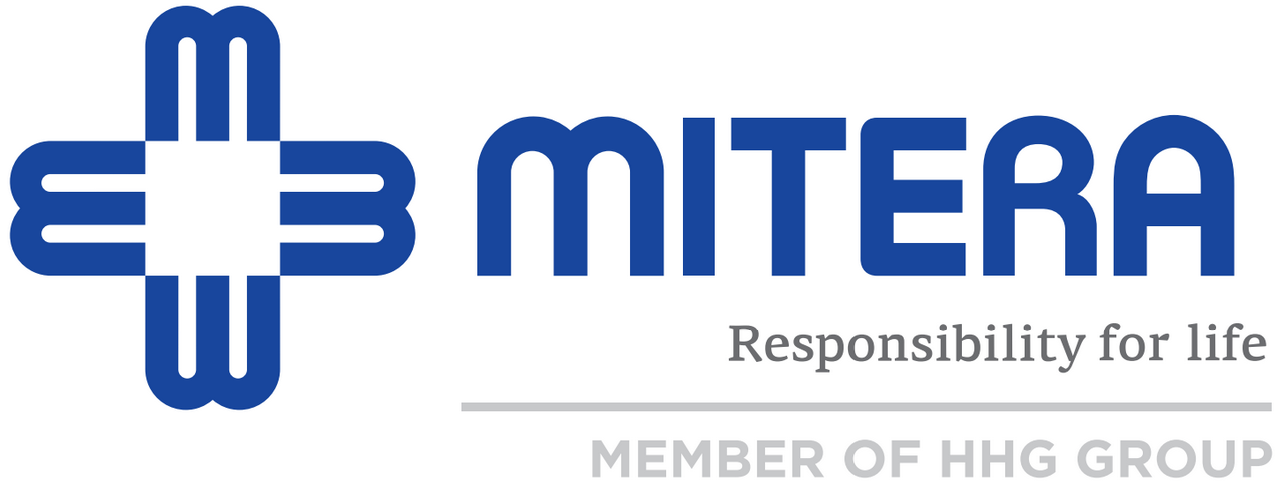MITERA: 10% increase in IVF success rates
The innovative embryo development and culture methods in everyday IVF practice ensure higher conception success rates and lower complication rates for couples. By implementing the new time-lapse embryo monitoring technique, the specialized IMSI technique and the faster and more detailed preimplantation genetic diagnosis by Array-CGH, the IVF success rates within the MITERA Hospital Assisted Reproduction Unit have already increased by 10% in the last year, compared to previous years.
These were announced during a 2-day Meeting entitled “Innovation in Assisted Reproduction”, organized by MITERA Hospital’s Assisted Reproduction Unit (IVF) at the N. Louros Conference Center on March 15 & 16, 2014. Many distinguished Greek and foreign scientists attended the meeting, including Dr Ramesan Navaratnarajah, Consultant Obstetrician and Gynecologist at Barts and the Royal London Hospital, and Dr Alan Thornhill, Honorary Reader in Reproductive Genetics at the University of Kent and a member of the British Human Fertilisation and Embryology Authority (HFEA).
The HFEA recently approved a new method for transferring mitochondrial DNA from a donor to a recipient’s eggs with the aim of preventing the birth of children with severe inherited diseases. Based on this decision, the UK will become the first country worldwide to allow mitochondrial transfer to women who are at risk of passing on mitochondrial diseases to their children. The result of this method called three-parent IVF will be the birth of a healthy baby that has genetic material from three people.
During the Meeting, Dr Thornhill talked about the safety of IVF, noting that one of the most significant developments is the possibility of better embryo selection, thus avoiding multiple pregnancies, which pose an increased threat to both the mother and the baby. Meanwhile, implementation of both ethical and technical regulations could prevent complications related to the IVF medical procedures, such as legal issues arising from the proper identification of parents and the management of their genetic material.
On his part, Dr Charis Chiniadis, Gynecologist/Obstetrician and Scientific Head of the Assisted Reproduction Unit, pointed out, “MITERA Hospital’s Assisted Reproduction Unit (IVF) is among the largest units with the most successful IVF cycles in Greece. Moreover, the ISO 9001:2008 certification strengthens its position in the international medical tourism map. The Unit has been set up in accordance with the standards that apply for similar units in Europe and the USA, and is one of the most reliable ones in Greece. It operates within a large and fully organized maternity and gynecological hospital, thus ensuring the greatest possible safety, as well as medical services provided by doctors of all specialties with considerable experience abroad.”
During the 2-day Meeting, the Director of the MITERA Assisted Reproduction Unit, clinical embryologist Dr Giles Palmer, noted, “This year’s Meeting aimed at reviewing new yet currently applicable techniques, focusing on their safe and effective implementation so as to achieve the ultimate goal: giving birth to a healthy baby. The highly trained nursing staff of MITERA Hospital’s Unit and its experienced embryologists fully comprehend and implement each innovative technique, ensuring not only increased success rates but also lower complications rates.”
A great number of couples attended the event on Sunday March 16, which aimed at giving an open forum for discussion to anyone who wanted to be briefed on the latest technologies and the factors affecting the effectiveness of IVF. All couples who attended the event also received a 20% discount for one IVF cycle at MITERA Hospital’s Assisted Reproduction Unit.


